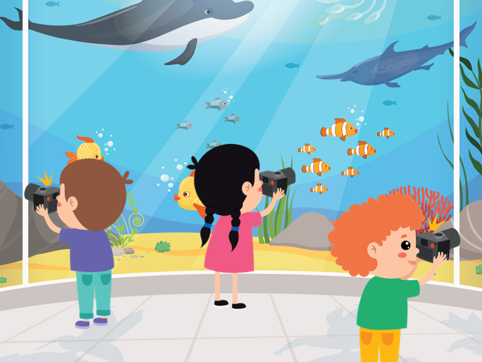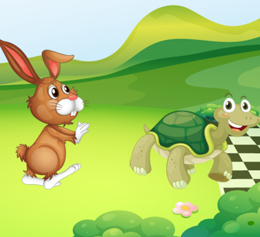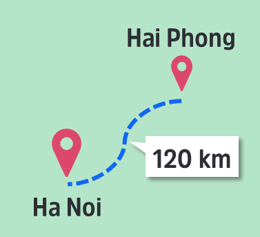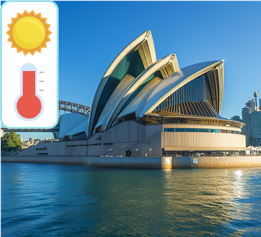Exercise 1: Fill in the blanks with present simple or present continuous.
1. Where is father ? He ( listen) to the CD. He
2. Don't forget to take your umbrella with you to London. You know it always ( rain)
in London.
| Jean ( work) hard all days but she ( not work) |
|
3. at the moment.
| Look ! the boy ( run) _ after the bus. He ( want) to |
|
4.catch it.
| He ( speak) English so well because he ( come) |
|
5. from England.
| He ( not understand ) _ What you ( talk) about |
|
6.because he is a foreigner.
7. She usually ( get) up early but today she ( get up)
late.
| Look ! It ( snow) _ right now. It often ( snow) in |
|
8.country.
9. Where are the children ? They ( play) in the garden.
10. you ( enjoy) _ the party ? Yes, I ( have) _ a good time.
Exercise 2: Fill in the blanks with present simple or present continuous.
1. Look! He ( leave) the house.
2. Keep silent ! I ( do) the test.
3. She usually ( walk) to school but today she ( go) by bike.
4. Every Sunday , we ( visit) our grandparents.
5. I ( not/do) anything at the moment.
6. We ( play) _ Monopoly right now.
7. He often ( go) to the cinema at the weekend.
8. The children seldom ( cry) .
9. he ( watch) news regularly?
10. Where Mark (go) ? He (go) to the supermarket.
Exercise 3: Circle the correct answer.
1. James is _ judo in the playground with his friends and he is very excited.
A. studying B. doing C. playing D. have
2. Keep quiet! Jessica a headache so she is sleeping in her bedroom.
A. does B. plays C. studying D. has
3. My father is a cup of coffee with his colleague in the living room now.
A. plays B. study C. doing D. having
4. Williams always breakfast with bread, egg and milk before coming to school.
A. has B. plays C. studies D. does
5. Tiffany and Rosy usually help their mom _ the chores at the weekend.
A. study B. do C. playing D. have
6. She usually English vocabulary every morning.
A. doing B. having C. studies D. plays
7. My brother basketball with his friends three times a week
A. does B. has C. plays D. study
8. Helen rarely a chat with her pen friend in American.
A. does B. has C. studies D. plays
9. Frank is _ Maths at the moment to prepare for the final exam.
A. studying B. doing C. playing D. has
10. My brother doesn’t badminton in the evening
A. play D. do C. have D. study
11. What time does Nga every morning?
A. gets up B. get up C. get D. gets
12. Nam and Minh playing soccer in the yard at the moment.
A. do B. is C. are D. does
13. Mai dressed at six thirty every morning.
A. does B. brushes C. gets D. lives
14. Mai her teeth every morning.
A. brushing B. brushes C. brush D. brushed
15. Mai dressed at six thirty every morning.
A. does B. brushes C. gets D. lives
16. She ............................ from England.
A. come B. comes C. don’t come D. goes
17. ............................she ............................French?
A. Do / speaks B. Does / speaks C. Does / speak D. Is / speak
18. She ........................................................from America.
A. don’t comes B. doesn’t come C. doesn’t comes D. does comes
19. I ............................a bath now. Wait me a minute.
A. have B. am have C. am having D. is having
20. He ............................a glass of lemonade before breakfast.
A. is B. have C. has D. does
21. ............................ he ............................ three children?
A. Does / have B. Does / has C. Do / have D. Is / have
22. He ............................ television at the moment.
A. watch B. watches C. is watching D. is watch
23. ............................ Huong 10 years old?
A. is B. are C. do D. does
24. My classmates ............................ on picnic every month.
A. went B. goes C. going D. go
m ng giúp mik với ạ cần gấp











Một số tự nhiên có 2 chữ số. Nếu đảo ngược chữ số của số đó, ta được một số mới lớn hơn số ban đầu 36 đơn vị. Biết rằng tổng hai chữ số của số ban đầu là 12. Tìm số đó
Giải
0,75 = \(\frac34\)
Tỉ số của hai số là: \(\frac34\)
Theo bài ra ta có sơ đồ:
Theo sơ đồ ta có:
Số bé là: 0,75 : (4 - 3) x 3 = 2,25
Số lớn là: 2,25 + 0,75 = 3
Đáp số: Số lớn là 3; số bé là 2,25